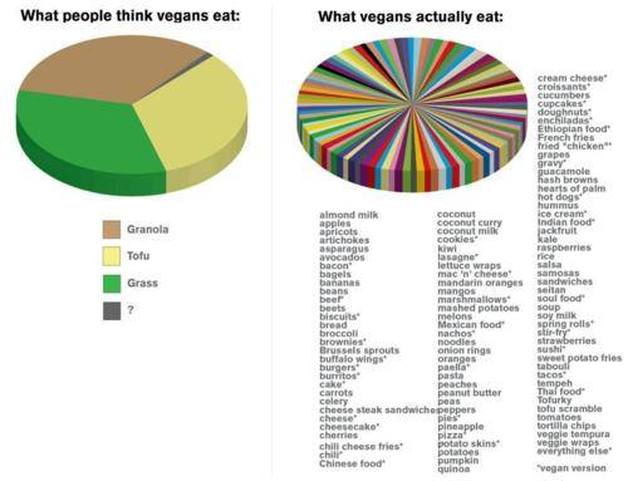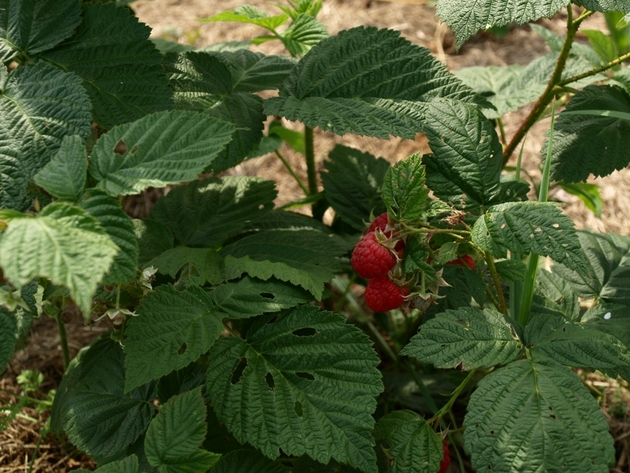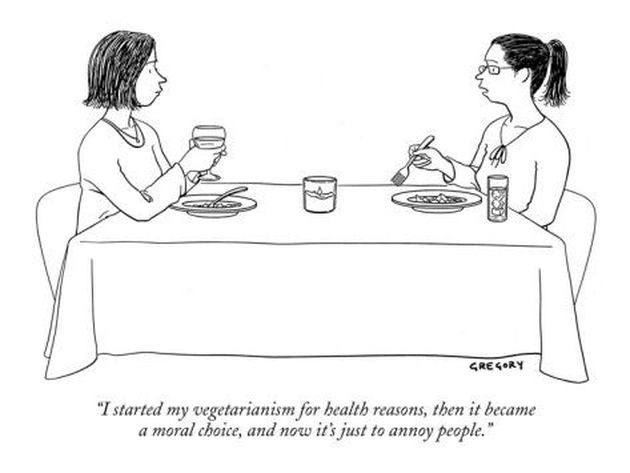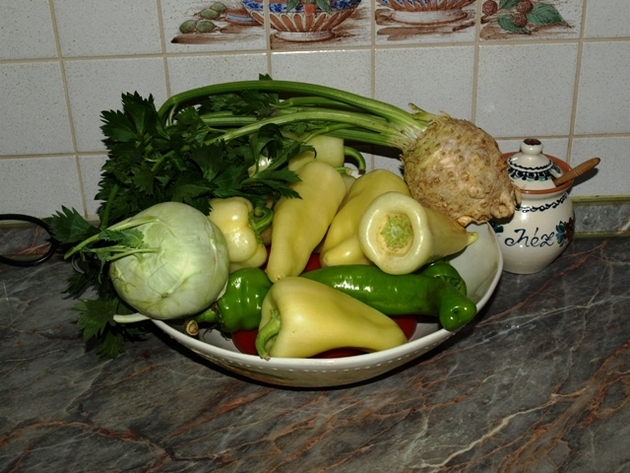
If the text is too small, press and hold Ctrl and press the plus sign on your keyboard to make it larger (the computer tutor in me is very difficult to harness sometimes).
 It's a question I get asked all the time. I should just keep this list on me and hand it to people when they ask me. There are a lot of misconceptions about eating a mainly plant-based diet. It is thought to be too difficult, too boring, you don't get enough protein. It's simply not true. I will admit, there are days I'm a flexitarian but it's usually where I'll eat some dairy-based food and it's usually when I'm away from home where I don't have my staples to work with. But overall, lots of beans, veggies, creamy sauces made with cashews. I will also admit to eating foods that are probably vegan but not healthy (no...make that DEFINITELY not healthy). But that's only a fraction (and a small one at that) of the time. If the text is too small, press and hold Ctrl and press the plus sign on your keyboard to make it larger (the computer tutor in me is very difficult to harness sometimes).
0 Comments
 Raspberries from my friend Lisa's organic garden in Waterville, ME. Raspberries from my friend Lisa's organic garden in Waterville, ME. Oh, I've written about it before. Sure, you've been reading it in Facebook posts, articles, seen it in the news (sometimes)...BUT...it cannot be stressed enough. The reasons to eat organically produced food outweigh the extra cost. I've been repeatedly asked by people "But how do you KNOW that the food you are buying is organic?" It's a legitimate question. How do we know ANY of the foods we eat are safe and healthy? We pay premiums for chicken and beef and then turn around and, with horror, watch or read about different outbreaks of contamination of the very food we feed ourselves and our children. Even the USDA has repeatedly failed to stop the contamination of meat (http://www.washingtonpost.com/politics/usda-pilot-program-fails-to-stop-contaminated-meat/2013/09/08/60f8bb94-0f58-11e3-85b6-d27422650fd5_story.html). So, back to the original question. How do I know that the food I am buying is organic? I don't. But I BELIEVE that the people who supply the food (my local co-op and CSA - Community Supported Agriculture) are honest business people who care about their communities. There is no produce in either of these that they claim to be anything other than organic. Now, if I go to Whole Foods and see they have "conventional" and "organic," I'm not so sure. It's easy to mix them up. According to the USDA, organic is defined: Organic Certification Q. How does USDA define the term organic? A. Organic food is produced using sustainable agricultural production practices. Not permitted are most conventional pesticides; fertilizers made with synthetic ingredients, or sewage sludge; bioengineering; or ionizing radiation. Organic meat, poultry eggs, and dairy products come from animals that are given no antibiotics or growth hormones. The USDA National Organic Program website has more information including inspection and certification information. All this leads me to an article I read in this month's "Alternative Medicine." 10 Reasons to Go Organic - http://www.alternativemedicine.com/alternative-medicine/departments/10-reasons-go-organic I believe these are very good reasons to at least TRY buying more organic fruits and vegetables. ------------------------ Every year more and more savvy consumers are going organic, and it seems that every year the stakes get higher. From protecting the health of your family in future generations to preventing the collapse of the bee population, shrinking the oceans’ dead zones, and doing your part to reduce climate change, here are 10 research-supported resolutions you can adopt this year. One: Eat more fresh fruits and vegetables—and make sure they’re organic. Daily consumption of fruits and vegetables can decrease risks of mortality by 10 percent and delay mortality by 1.12 years according to a recent study. (Fresh fruits and veggies had a stronger correlation to longevity in the study than cooked.) Two: Balance your omega-3 and omega-6 fatty acid intake. Healthy omega-6 to omega-3 ratios are low, around 2:1, but unhealthy diet trends have increased that ratio to between 10:1 and 15:1. A 2013 study showed that organic milk contained 25 percent less omega-6 fatty acids and 62 percent more omega-3 fatty acids than conventional milk. Three: Save the soil. Eating organic can help improve soil quality by building organic matter and supporting the soil microbiome. Recent studies show that long-term organic management resulted in more biologically active organic matter, better resistance to erosion, and an increase in the soil’s ability to sequester carbon. Four: Focus on future generations. New animal studies in 2013 have shown that it is possible for future generations to be affected by the chemicals that their ancestors were exposed to, even if the future generations were never directly exposed to the pollutants themselves. Five: Listen to the frogs. Amphibian populations have been in dramatic decline over the past decade, leaving many scientists worried that several species of frogs will go extinct in the next few years if we don’t change our agricultural practices. Studies published last year suggest synthetic pesticides may be contributing to the decline. Six: Avoid antibiotic-resistant bacteria. In 2013, the Centers for Disease Control (CDC) released a report detailing the threats of antibiotic-resistant diseases to the public. One of the factors contributing to antibiotic resistance is the broad application of low doses of antibiotics in rearing animals. About 80 percent of all antibiotics sold are used in livestock facilities, and antibiotic resistance has been linked to this use of antibiotics in conventional animal rearing. Seven: Bee friendly. Unfortunately, 2013 saw a continued trend of bee population decline—without bees, many important crops would disappear, such as apples, almonds, blueberries, cherries, avocados, and oranges. One of the most recent studies examining honey bee population declines showed that a combination of insecticides and fungicides can have a negative impact on bees’ immune systems. The pollen that bees collect to feed to their larvae contained an average of nine different pesticide contaminants. Eight: Shrink the dead zone. Dead zones are low-oxygen zones in the ocean caused primarily by nutrient pollution from synthetic fertilizers. Oxygen levels in these areas are so low that most aquatic life cannot survive. They affect large areas of the ocean—especially in the Gulf of Mexico and Chesapeake Bay and have been growing in size since 1985. A current project by The Organic Center has found that organic production cuts nitrogen pollution by 50 percent. You can also personally contribute by avoiding chemical fertilizers on your own lawn and garden. Nine: Stabilize the climate. Climate change will continue to be a major concern in 2014, and organic production may be a key part of reducing greenhouse gas emissions. A study from Germany showed that organic farming not only produces less greenhouse gases, but also uses less energy than conventional farming techniques. Ten: Go bird-watching. Organic agriculture benefits birds on a large scale, according to a 2013 study from France. The study cited “bird-friendly” practices used by organic techniques—such as diverse crop rotations, reduced use of pesticides, and the creation of more heterogeneous landscapes—as being responsible for these benefits. Source: The Organic Center  I don't really feel this way but this cartoon certainly made me smile! Actually, I probably know a few people who think that is why I chose this lifestyle, though. :-) I don't really feel this way but this cartoon certainly made me smile! Actually, I probably know a few people who think that is why I chose this lifestyle, though. :-) I have been on a plant-based diet since September 2012. It has been an incredible journey for me and, like I've written in the past, it is wonderful to go through life without feeling nauseous all the time. I hadn't had a cholesterol screening since December 2011 and thought it would be a good time to get myself tested again. Throughout the years, my total cholesterol has ranged between 175 and 196. My good and bad cholesterol were always within the limits of what the medical establishment says it should be. My bad cholesterol (LDL) has always been below the limit but pretty close to the 100-130. So, today I was delighted to learn that my levels were much lower than they'd been over the past 15 years. I don't even remember having a total cholesterol of 145 (since I began being tested at least). But 145 is what it was today. My HDL (healthy cholesterol) was 100 and should be above 60. My LDL (bad cholesterol) didn't even come up in the reading. She told me that is because the machine will only give a reading if it is above 50 (optimal range should be below 129). So, why am I writing this post? Because if you have ever had any doubt that you can affect your cholesterol with diet, this is my proof. I've heard the argument that high cholesterol can be genetic. In my family, where many members have high cholesterol, do they have it because of genetics or their choice of food? I tend to think the latter. Even if you are sure you have a genetic predisposition to high cholesterol, it would be a great experiment to try a plant-based diet and just see if it will make a difference. Much better than taking cholesterol-lowering medication for the rest of your life. I will admit, it was a challenge to choose this lifestyle at first...sometimes it still is. (Heck, I break down one in blue moon and have a slice of pizza). But it gets easier and the benefits far outweigh the inconveniences (especially social). Plus, for me, it tends to keep me much more calm and less angry. I would be more than happy to talk to you about my own experience if you think you may want to try.  My parents just got home from Hungary a couple of weeks ago. Yay! I've spent the last two weekends with them and one topic which came up several times was how much BETTER food tastes in Hungary. The meat. The vegetables. The fruit. I have to agree. When you go to the local supermarket in Szombathely, there are vendors outside the store selling local fruits and vegetables. We always end up buying from them before buying in the store (although the produce in the stores I would take over US produce in big chains). My parents' comments got me thinking about the food practices we use here in the United States and so, I started searching the Internet. I came across a wonderful chart in one of my favorite magazines (http://www.yesmagazine.org) which shows how the United States stacks up against the European Union on food safety issues like GMOs, hormones, questionable chemicals, and other food additives. A great chart indeed...Check out the magazine. Subscribe if you like it and want them to survive. If you would rather just read the articles online, you can donate to them (which I did). If we don't support the media which represents us, we have a great chance of losing them and all we're left with is NY Times, CNN, People, US Weekly, etc. etc. I think you get my point. https://store.yesmagazine.org/donate/?ica=Don_txt_Donate_multi&icl=TopNav_100 Oh, I'm sure you are being bombarded with messages about the flu. Well, here's another one! Ha Ha! Flu season will be around for awhile. So, it is that time of year for cold and flu. Yes, you'll see people around you coughing, sneezing, and worse. Here are 5 VERY IMPORTANT things (from Plant Based Dietician http://plantbaseddietitian.com/) you can do to protect yourself and maximize your immune function:
|
Categories
All
Archives
February 2022
|